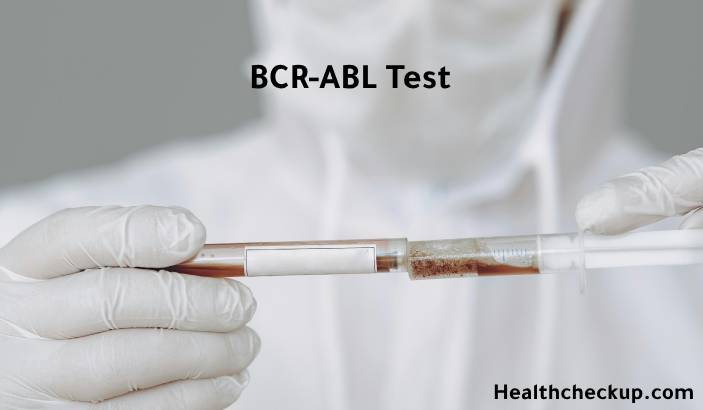A urinary tract infection (UTI) is an infection that affects any part of the urinary system, including the bladder, kidneys, urethra, and ureters. UTIs are common during pregnancy, especially during the second and third trimesters. Pregnant women are more prone to UTIs due to changes in the urinary tract and an increased risk of bacteria entering the urinary tract. UTIs can be uncomfortable and potentially harmful to both the mother and baby if left untreated.
Pregnancy is a period of time during which a woman carries a developing embryo or fetus inside her uterus. Pregnancy is typically accompanied by a number of physical and emotional changes, including symptoms such as morning sickness, fatigue, and breast tenderness.
It is important to note that some of the symptoms of UTIs, such as frequent urination, abdominal pain, and low back pain, can also be symptoms of pregnancy. It is important to contact your healthcare provider if you suspect that you have a UTI or if you have any other concerns about your pregnancy. They can assess your symptoms and provide the appropriate treatment.
Below is a summary of the differences between UTI and pregnancy symptoms:
UTI symptoms:
- Strong, persistent urge to urinate
- Pain or burning sensation when urinating
- Cloudy, foul-smelling urine
- Fever (in severe cases)
Pregnancy symptoms:
- Morning sickness
- Fatigue
- Breast tenderness
- Mood swings
- Missed period
- Spotting
- Headaches
- Swelling of the breasts
- Darkening of the areolas
- Constipation
- Heartburn
- Weight gain
It is important to note that these lists are not exhaustive and that each individual may experience different symptoms. If you are pregnant and experiencing any unusual symptoms or are concerned about your pregnancy, it is important to contact your healthcare provider. They can assess your symptoms and provide the appropriate care.








